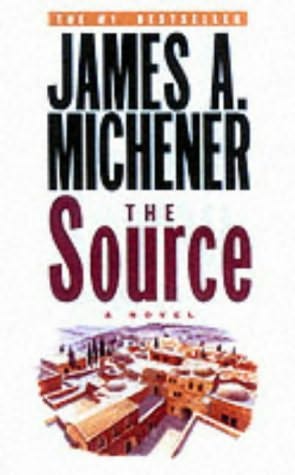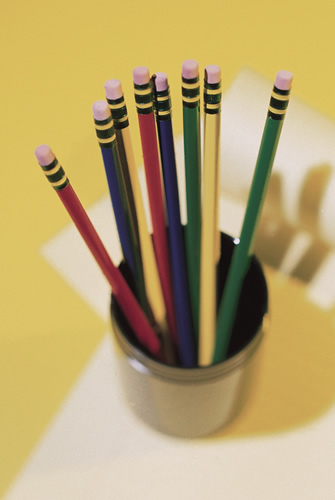
In light of my recent adventures abroad, I have summarized my experience with a book review of a novel that fits my voyage to Greece and Israel quite nicely.
The Source
by James A. Michener
It may be difficult to imagine that a ten thousand year history of the Jewish faith could be a #1 bestseller. It may be even more surprising that such a book can grab and hold the attention of a high school student. And although the novel is not without its fair share of tedious passages, the overall “Da Vinci Code” style with which it presents its content is enthralling.
The entire book takes place on a tell (a raised mound of earth some 200 yards long and 71 feet tall) in what is now Northern Israel, near the ancient city of Akko. The 1964 archaeologic dig that begins the novel introduces the amazing quality of this specific site: at some point in time, pagans, Jews, Christians, and Muslims have each occupied this most desirable piece of real estate. What’s more, the tell has witnessed a good majority of the major historical events that have occurred in the Holy Land since 9843 BCE.
The chapters are organized in chronological order, beginning with the oldest and working their way up through history. Although the reverse method of ordering could have been more realistic (archaeologists move backward through time as they uncover new layers of civilization), this way is more logical for one reading the book forwards.
The story of each era is heralded by an archaeological find that indicates a way of life at that time in history. For instance, the first artifact, several sharpened flints used as a sickle for reaping grain, precede a narrative of the first cave dweller to intentionally plant wild grain in a location convenient for harvesting, thereby becoming one of the first farmers in history.
Each mini-novel is infused with familiar societal institutions: the oppression and distrust of women, the wild animal turned tame friend for a young girl, the father desperate for a strong son just like him. This literary device effectively draws the reader in by recounting recognizable traits of legend and modern society.
The author also draws parallels more obviously by interspersing the ancient tales with short chapters about the four main characters working on the dig. These snatches of modernity are mostly limited to the thoughts of one Dr. John Cullinane, the only Catholic working on the dig and, to a certain extent, our hero. His heroic stature is not determined by his faith; rather, by the way he strives to immerse himself in and completely understand the Jewish faith with a slightly unrealistic passion. For instance, he is the only of the four who attends synagogue (as well as church) on Shabbat; the two Jews refuse and the Muslim explains quite drolly, “I find that if I enter a local synagogue dressed in full Arab robes, bow toward Mecca and cry, “Allah is Allah and Muhammad is his Prophet,” I am apt to cause resentment.”
However, the idea that a single place can have been host to so many different civilizations is quite a real one. In Greece, I learned that the Parthenon, after being a temple for Greek pagan worship, acquired a golden dome in its capacity as a Muslim mosque, and later lost its roof entirely under Ottoman rule because a Venetian shell struck the building, which was at the time being used for gunpowder storage. And Caesarea, King Herod’s opulent Roman port and resort city in Northern Israel, became a Crusader town as the Europeans strove to control the Holy Land.
One of the reasons Judaism is unique is because, at least in more conservative synagogues, many of the ancient customs are adhered to. However, one of the themes this book explores is that this unwillingness to change with the times has caused some of Judaism’s former adherents to convert or just to stop practicing. Michener has done a masterful job of capturing both sides: Judaism’s stubborn traditions and its ancient beauty.




